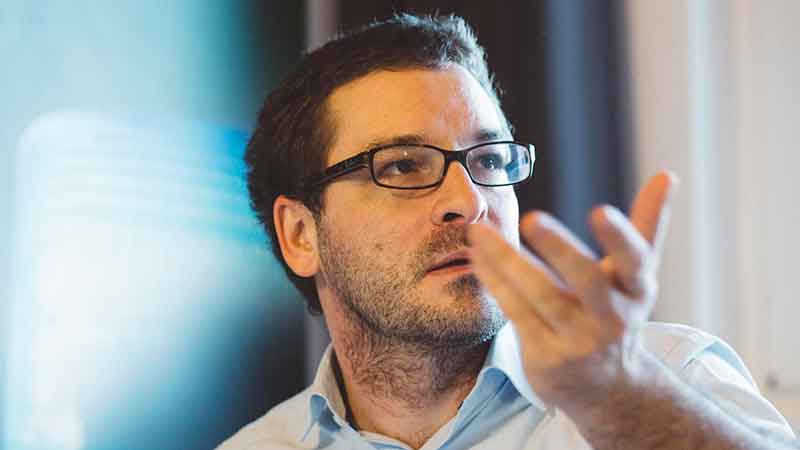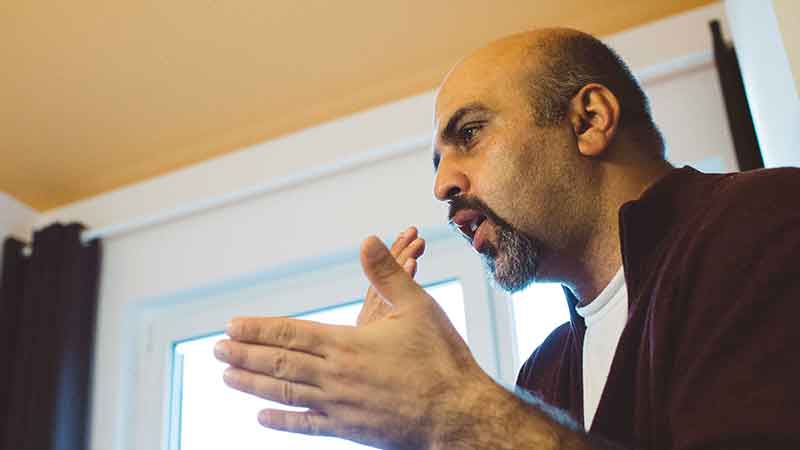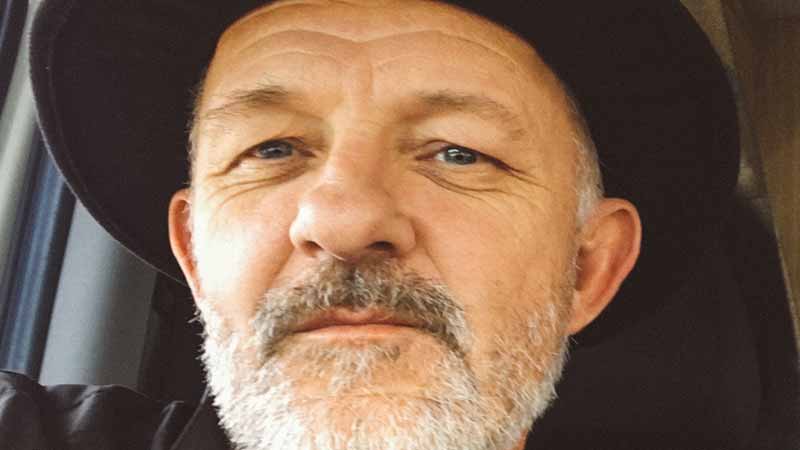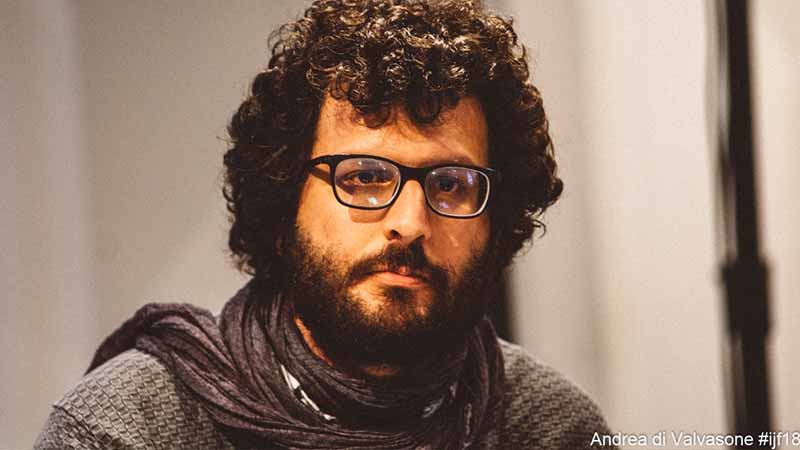BLACK
SITES
TURKEY
In a near-repeat of the CIA’s ‘extraordinary renditions’, the regime of Turkish president Erdoğan is kidnapping dozens of members of the Gülen movement from around the world. Victims are now raising a serious accusation: secret torture sites are part of the repression. A team of nine media organizations from eight countries, coordinated by CORRECTIV, investigates.

















